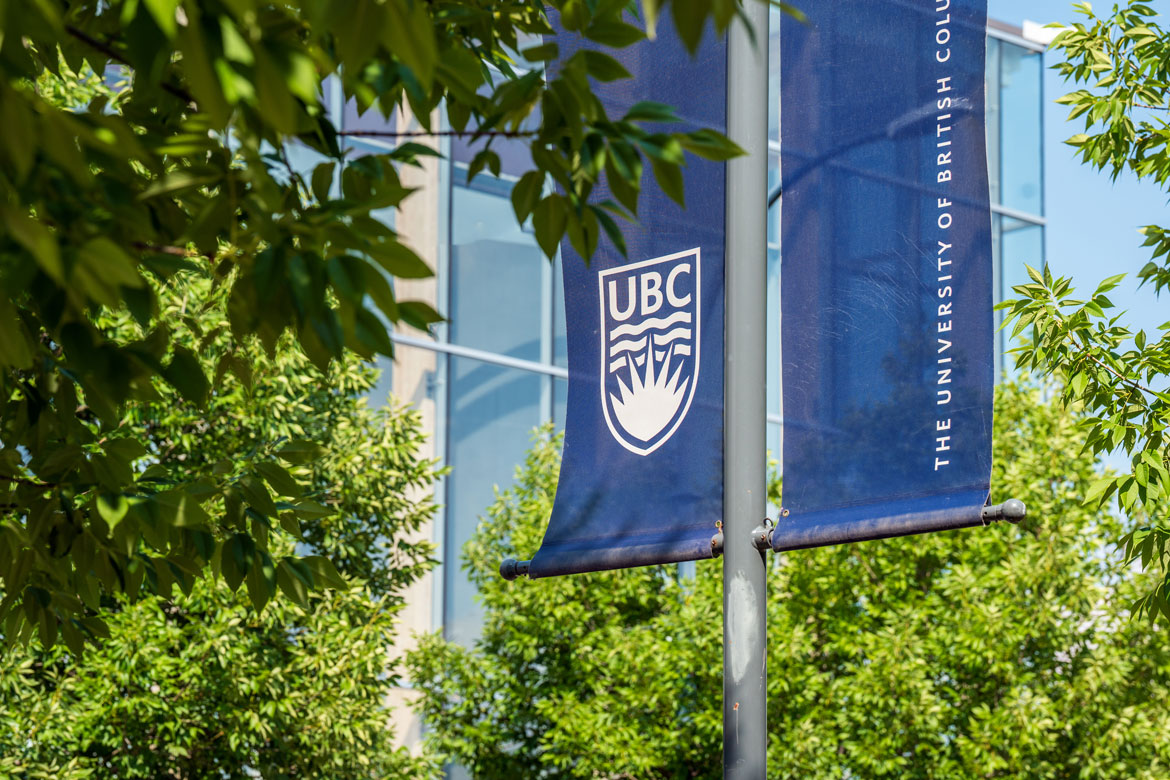
Photo credit: Margo Yacheshyn / University Relations
Three projects led by UBC Okanagan researchers have been awarded a combined $2.3 million through the Canadian Institutes of Health Research (CIHR) Project Grants.
Researchers from three Faculties at UBC Okanagan will use the funds to study gut health, e-cigarette education and heart disease in people with spinal cord injuries. The funding was part of CIHR’s Spring 2023 competition, which invested $325 million across Canada.
As one of the successful recipients, Dr. Deanna Gibson in the Irving K. Barber Faculty of Science is leading a project to help those with inflammatory bowel disease (IBD). Combining a new probiotic she created called BioPersist with a Mediterranean diet, Dr. Gibson’s team hopes to examine the new bacterium’s ability to target inflammation and other symptoms to overall improve the gut microbiome in patients with IBD.
Dr. Laura Struik in the School of Nursing—together with Dr. Stephanie Coen and Dr. Gina Martin from the University of Nottingham and Athabasca University respectively—is studying how to improve e-cigarette prevention messaging for youths. By uniquely engaging with diverse youth and targeting social media platforms popular with a younger demographic, the team hopes to create and test messaging that not only resonates with this age group but also is guided by their voices and culture.
Dr. Christopher West in the Southern Medical Program and Dr. Glen Foster in the School of Health and Exercise Sciences are leading a team to investigate an emerging therapy for people with spinal cord injuries (SCI). The treatment—acute intermittent hypoxia—involves breathing air with slightly decreased levels of oxygen for short periods of time and has been shown to improve respiratory system capacity as well as increase muscle strength for people with SCI. Given this population is at risk for heart disease earlier and more frequently than the general population, the team is studying how this new hypoxia treatment impacts the cardiovascular system.
Overall, CIHR granted a combined $37 million to projects led by UBC researchers across both campuses.